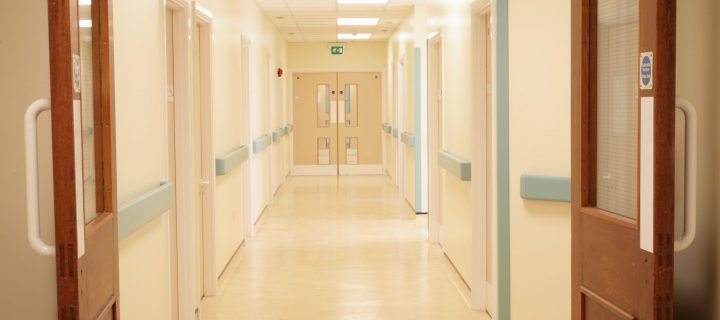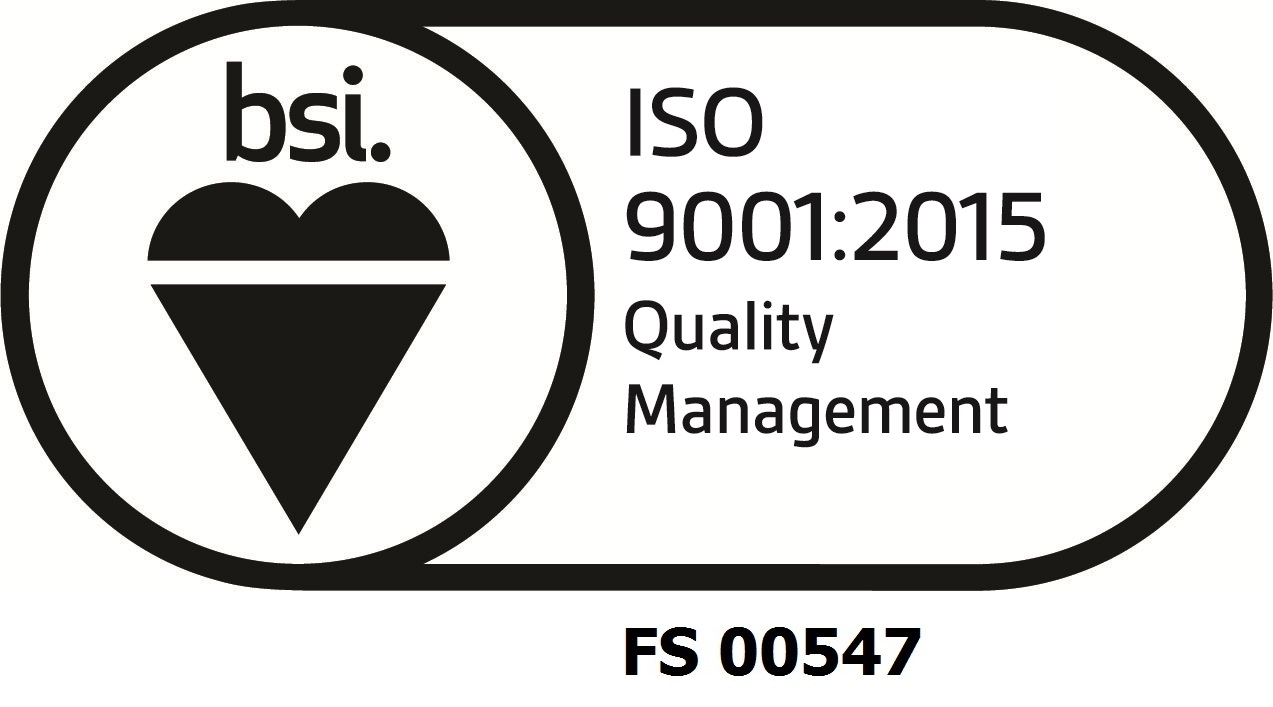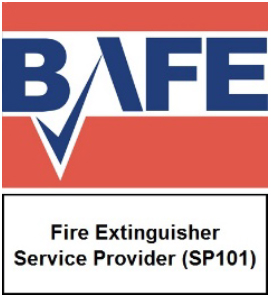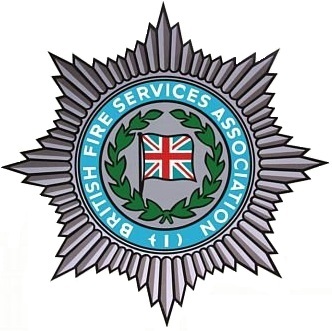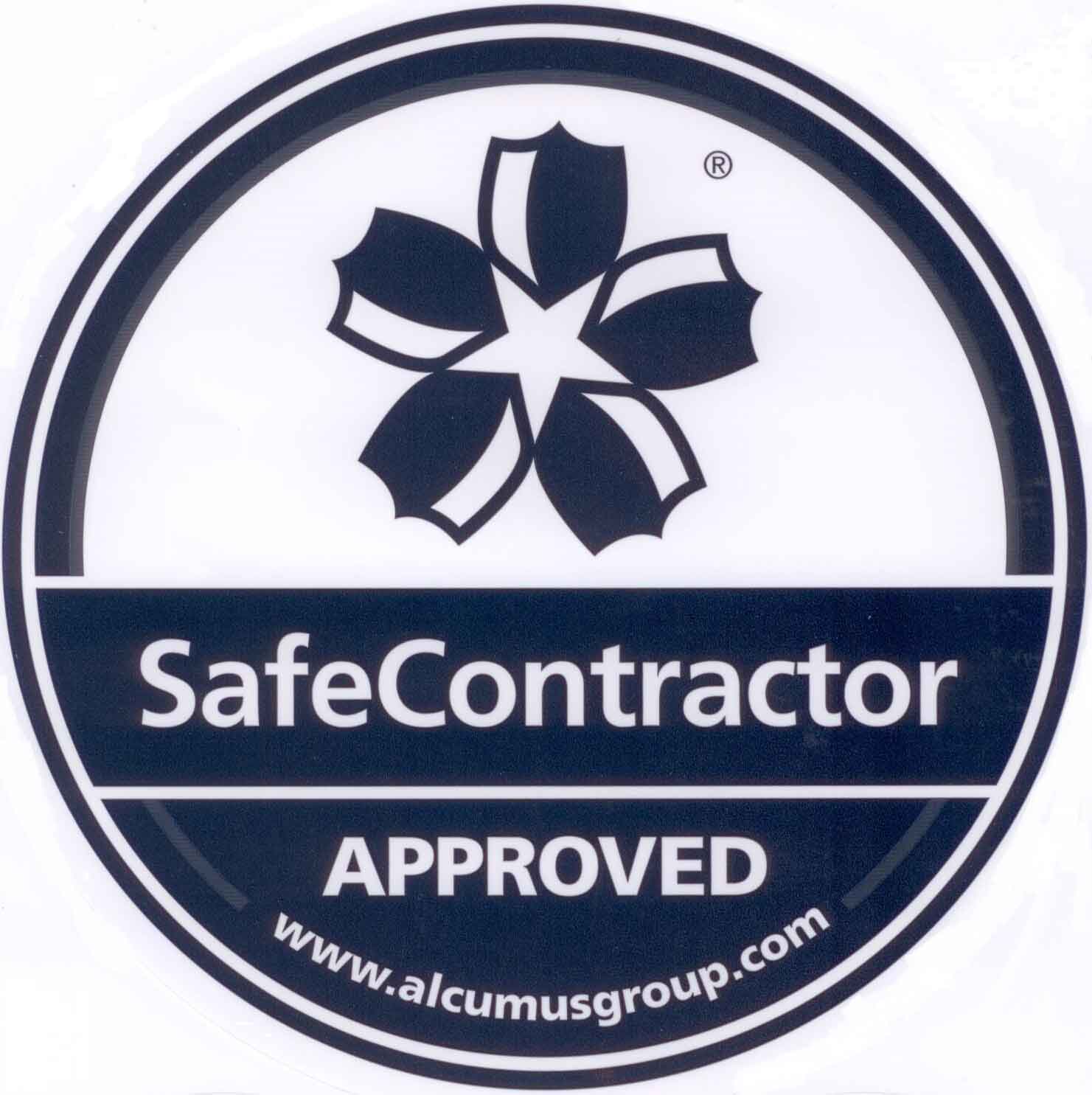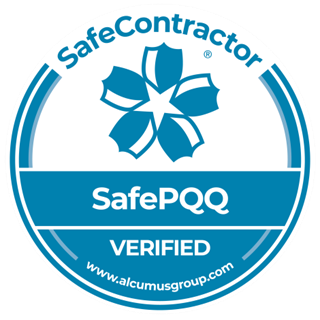In the event of a fire, high-rise buildings are especially vulnerable and a blaze can spread incredibly quickly in this environment. The height of these buildings poses unique challenges for the emergency services and further complicates the evacuation process for residents.
Because of this, adhering to the relevant fire safety legislation is crucial to minimise fire risk and ensure the safety of all occupants. But what exactly are the fire safety regulations for high-rise residential buildings? The team here at Firepoint Services is here to guide you through everything you need to know.
The Fire Safety (England) Regulations 2022
All non-domestic premises (including commercial buildings and HMOs) must comply with the Regulatory Reform (Fire Safety) Order 2005. This legislation outlines the necessary fire safety measures for these properties and introduces the role of a ‘responsible person’. It is the duty of this person to ensure that the building abides by all regulatory requirements and is a safe place for all occupants.
However, high-rise residential buildings are also covered by the Fire Safety (England) Regulations 2022, and this updated legislation features more stringent rules. They came into force in January 2023 and, as a consequence, the responsible person is now required to:
- Share electronic floor plans and details of the external wall systems with the local fire and rescue service
- Install an accessible and secure information box where hard copies of the building’s floor plans can be stored
- Carry out monthly checks on any firefighting lifts or equipment
- Report any defective lifts or firefighting equipment to the local fire and rescue service if they will be out of order for more than 24 hours
- Install emergency wayfinding signage that is visible in low lighting conditions
If the high-rise building in question is over 11 metres in height, then additional rules are enforced. The responsible person is obligated to conduct comprehensive annual checks on all flat entrance fire doors; these include examining the door frame, hinges, glazing, intumescent strips, self-closing mechanism and more, in addition to the door itself. Furthermore, they are required to perform a quarterly inspection of all fire doors located in common areas of the building. This doesn’t have to be as thorough as the annual checks and can simply be a quick visual examination.
What are the new fire safety regulations for high-rise residential buildings?
Further regulations will be enacted on the 1st of October 2023, in Phase Three of a series of ongoing amendments. This will further improve fire safety in high-rise buildings by:
- Improving cooperation and coordination between responsible persons and the fire and rescue service
- Increasing the requirements for recording and sharing information; this will create a continuous fire safety log that can be used over a building’s lifespan
- Streamlining the process for enforcement agencies to take action against those who refuse to comply with new regulations
- Making sure all high-rise residents have access to information about fire safety in their building and displaying clear fire safety instructions
Over the coming months, additional regulations will be introduced regarding fire risk assessments, requiring the designated responsible person to ensure this inspection is performed by a ‘competent person’.
Why have regulations for high-rise residential buildings changed?
These new regulations were introduced in the aftermath of the Grenfell Tower fire of 2017. This tragedy led to the loss of over 70 lives and serves as a poignant reminder of the devastating consequences that can result from inadequate fire safety measures.
A public enquiry was created to establish just how the fire started, how it got so out of control and what regulations were needed to prevent a similar disaster. The Fire Safety (England) Regulations 2022 were introduced as a direct result of this and represent a commitment to ensuring that every high-rise residential building is a safe environment for its occupants.
If you manage a high-rise residential building and require assistance to make sure your premises are compliant with the new regulations, get in touch with our BAFE-accredited team today. We operate across Newcastle, Sunderland, Durham and beyond, and our experts can supply, install and maintain an extensive range of fire safety equipment — simply get in touch with us for more information.

